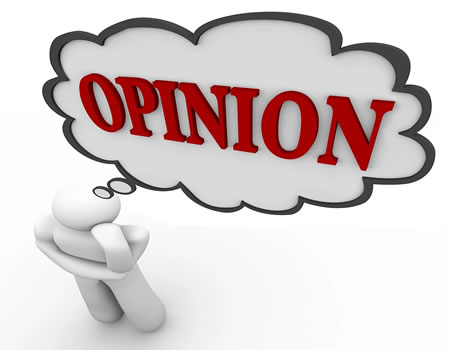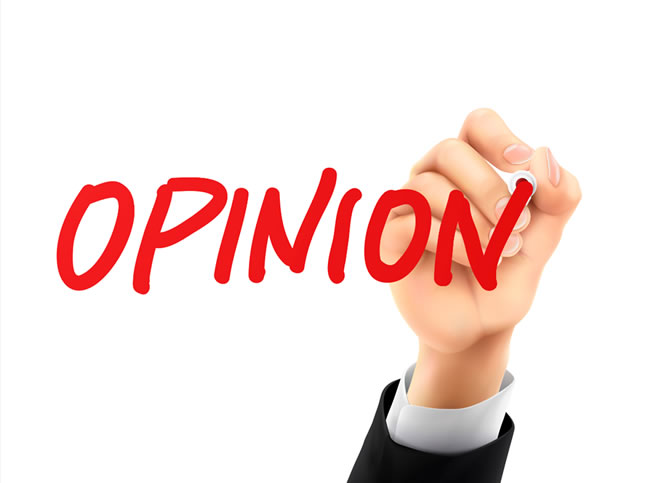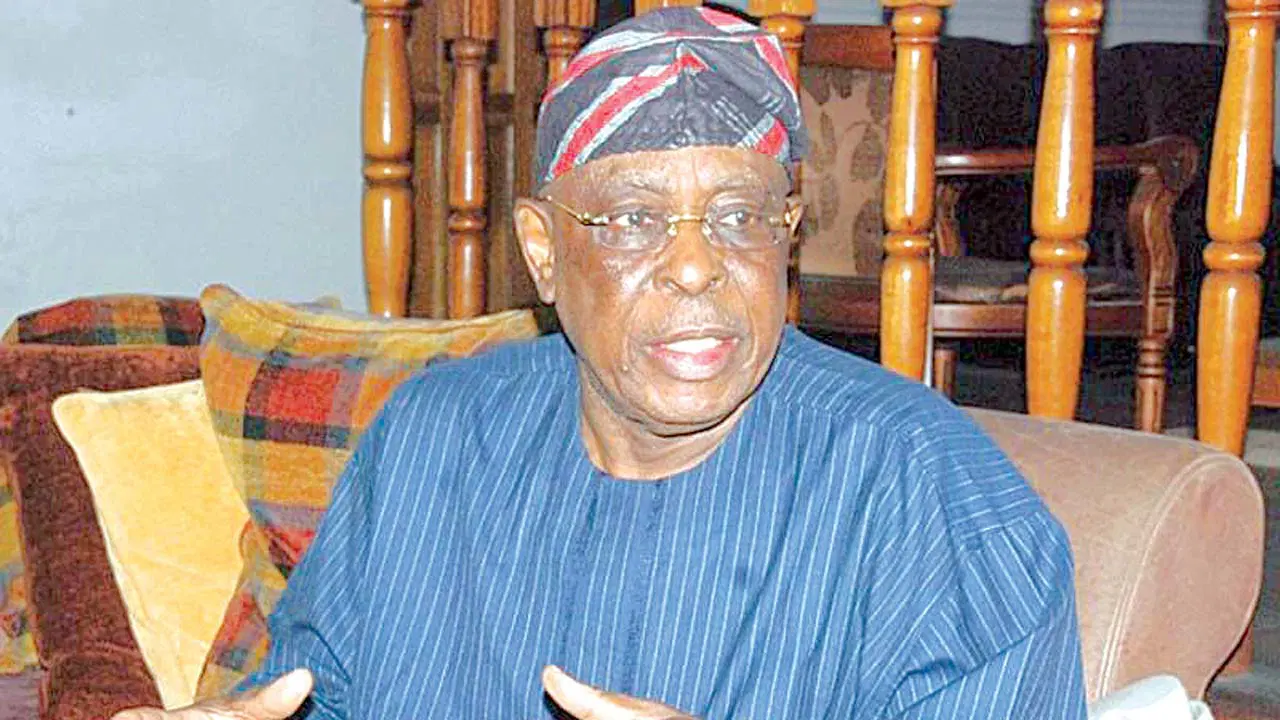As part of activities for the 2024 Africa Week of Action Against Water Privatisation, the Ecumenical Water Network Africa (EWNA), has renewed its call for what it termed ‘water justice,’ demanding for fair and equitable distribution of water resources and prioritising public welfare over private profits in African societies.
This year’s annual Week of Action Against Water Privatisation holds between October 21 to 26, and coincides with the World Bank’s Annual General Meeting kicks against declining living standards in the face of governments’ seeming willingness to prioritise the interests of corporations and politically connected individuals over the needs of their citizens.
The call for water justice was made by the Coordinator of the EWNA, Reverend Kolade Fadahunsi, who highlighted the growing demand across Africa for equitable access to water, free from the constraints of privatisation and profit-driven policies
He stated that policy makers need to understand that water justice demands more than just the provision of water but also calls for fair and equitable distribution of water resources, prioritising public welfare over private profits, emphasising the need for community management of water resources and participatory approach to water governance in a way that will include the voices of all citizens, especially the marginalised and disadvantaged.
According to him, “access to clean drinking water is a fundamental human right and a critical indicator of quality of life but in many African cities such as Lagos, Harare, Nairobi, Dakar, and Yaounde, the push to privatise water utilities has sparked widespread opposition.”
He argued that as a body, EWNA stands firmly against privatisation of water as it leads to higher water tariffs, deteriorating infrastructure as well as reduced governmental accountability which invariably aide water scarcity and inequity which he said is constantly being pushed by multinational corporations and international financial institutions that promote water privatisation as a solution to Africa’s water challenges, often at the expense of local communities.
Emphasising the importance of water justice over profit, Reverend Fadahunsi stated that growing protests and unrest in African countries like Nigeria, Kenya, Ghana, Uganda, Mali. Burkina Faso, and Niger is a true reflection of growing rejection of government’s disinvestment in public utilities and calls for greater accountability and transparency in terms of external loans and aid received from entities like the World Bank, the International Monetary Fund (IMF) and other international financial institutions.
He emphasised that the World Bank holds an outsized influence over the economic policies of developing nations like Nigeria through loan conditions, advisory services, technical assistance, and policy frameworks that promotes a “private finance first approach which may appear beneficial on the surface but frequently come with stringent conditions that undermine local economic growth, public welfare and reduction of access to essential public services like water.
He said Nigeria also faces the burden of pressure to privatise water by bilateral agencies and international organisations such as USAID, WaterAid, the UK’s FCDO, the Africa Development Bank (AfDB), and the Global Water Partnership, among others.
According to the EWNA coordinator, “commodifying water in Nigeria where there is widespread poverty and reduction in purchasing power deepens existing inequalities and exacerbates the water crisis rather than resolving it. The human right to water for all Africans must be protected and fulfilled.”
ALSO READ THESE TOP STORIES FROM NIGERIAN TRIBUNE
JUST IN: Tinubu nominates Bianca Odumegu-Ojukwu, Yilwatda, five others as Ministers

 3 hours ago
10
3 hours ago
10







